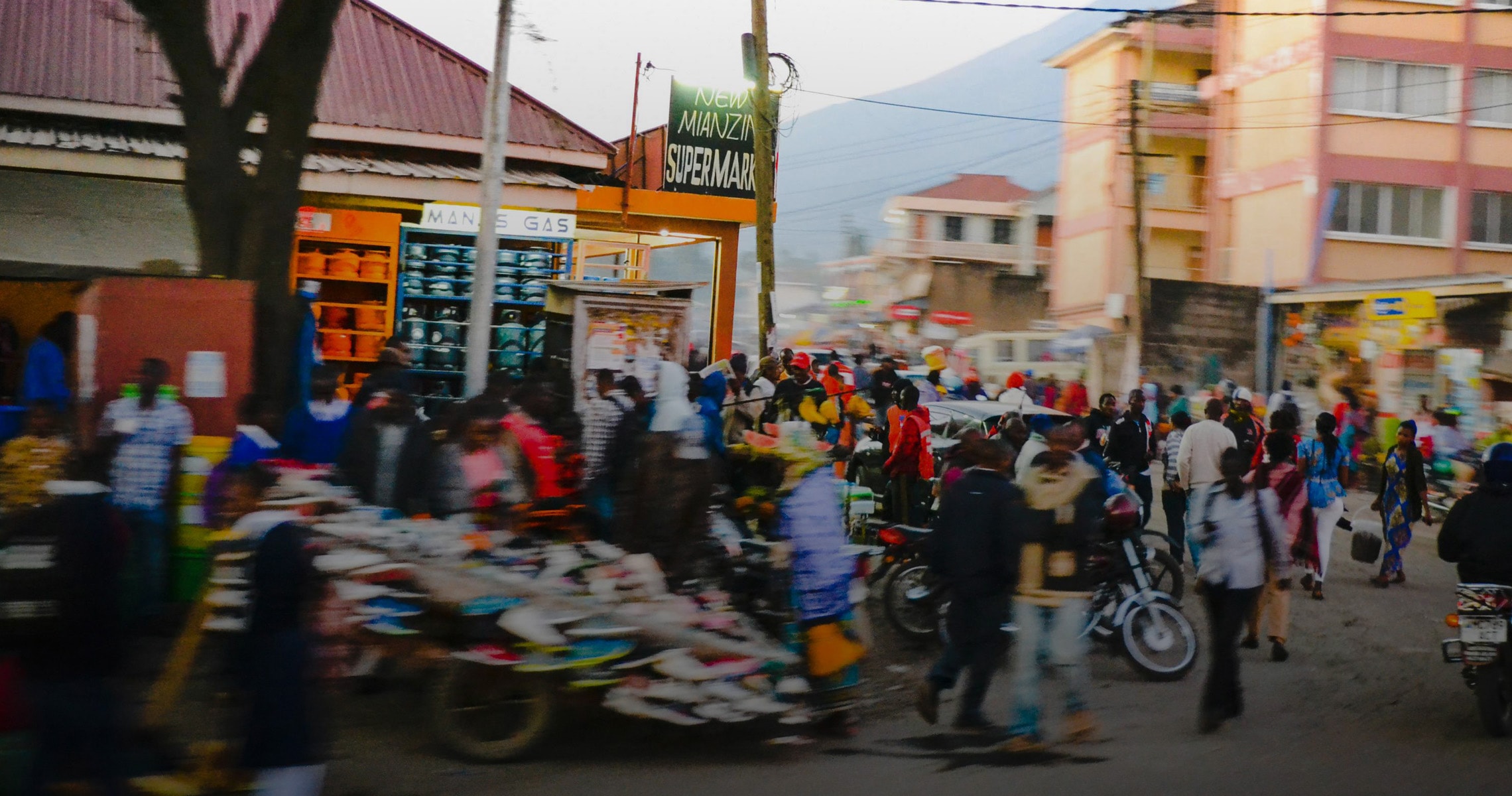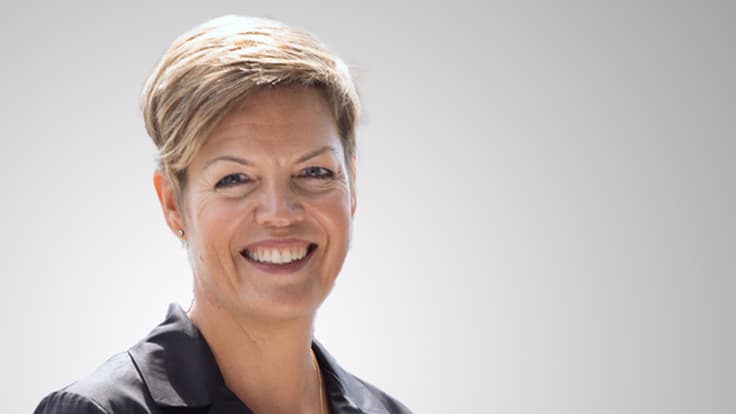LET’S ENGAGE PEOPLE IN WHAT THEY ARE EXPERT IN: THEIR COMMUNITY
Helle Søholt, Founding Partner and CEO of Gehl, and moderator of the Sustainable Cities in Action Forum 2024’s ‘People Make Cities’ event, suggests it’s time to ‘meet people where they are’ for cities that are socially and environmentally sustainable
Municipal meetings seldom capture the full picture. You might not hear from women or those from more vulnerable groups. For a proper community dialogue we need different research and survey formats
Helle Søholt is an advocate for community prototying, using neighbourhoods as living labs for sustainable urban solutions
How do we best engage people and communities to create socially sustainable and climate-resilient cities?
Cities often make the mistake of engaging people on abstract climate change issues which can be difficult for them to relate to. However, if we engage them on what they are expert in, which is their daily lives and the communities and neighbourhoods in which they live, they can more easily relate to that. At Gehl we talk about the “missing middle” in urban development. This refers to the typology between low- and high-rise buildings. But I would suggest that there is also a missing middle in public engagement. We need to bridge the gap and connect individuals with these big planetary discussions.
How could that work?
The more traditional hearing processes that many cities rely on, such as public meetings where people are required to turn up, don’t really work anymore, at least not in isolation. We need to meet people where they are. We go out to neighbourhoods and almost work as urban ethnographers, speaking with people about their everyday lives. What is happening in a place? How are people living? How do they move around? What types of activities are they involved in? Who is engaging and who is not? Once we’ve understood the patterns, we can engage with people on installing new ways of living. Climate change is all about behavioural change. By redesigning, public space in a temporary way we can allow people to experiment. For example, they can try out walking or cycling to work, participating in events, shopping at markets. It’s a way of understanding which design solutions work.
It is also a more inclusive model. Typically, the people who attend traditional municipal meetings are the ones who have the time and social capacity or are educated to a certain level. Those meetings seldom capture the full picture. You might not hear from women or those from more vulnerable groups, such as the elderly. For a proper community dialogue we need different research and survey formats.
For example, a lot of our public life surveys are now supported by digital apps that enable us to record responses direct from the street. We then combine that data with all kinds of other data, for example traffic or economic performance, and that tells us much more comprehensively about the life that is being lived in a particular district or neighbourhood.
Are these methodologies gaining traction in the MEASA region?
Cities in the Gulf states have a deep interest in learning about these methodologies to understand how the built environment can support quality of life. There is a lot of aspiration for driving that region into the next decade.
What specific considerations need factoring in when designing solutions for cities in the MEASA region?
We are currently working with the city authorities in Abu Dhabi and a key consideration is that because the climate in the region is so harsh and so warm, there aren’t the same outdoor activity levels that you might see in more northerly cities. So, it’s important to factor in different ways of living based on local climatic conditions and think about how you design the city to foster sociability, activity and connections between people. That means exploring how to create outdoor green oases using the micro-climate so that, for example, children can go outside and play. Solutions might include trees and water features, avoiding dark colours, using building materials that don’t increase the neighbourhood’s heat, and maximising the shadow effect of the built environment.
What is happening in the MEASA region that particularly excites you?
I like the move towards investigating how we can take inspiration from the natural landscape and learning how we can protect nature by going deep into understanding the local ecological and biodiversity systems.
Also, what we find in cities in the region, because of the harsh climate, is a willingness to experiment, a willingness to collaborate in new ways, and a willingness to come up with innovative solutions. That, combined with high ambition levels, opens space for a lot of creative thinking.
What future developments would you like to see in sustainable city planning?
I like the concept of “innovative cities” – cities that can make decisions fast and deliver creative solutions that can be scaled worldwide. For example, in some smaller municipalities you might see an interesting juxtaposition between departments. Perhaps the Department of Economic Development sharing the same office as the Infrastructure Department. Or the Heritage and Culture Department being the same department that provides school services. That could, in and of itself, bring about interesting solutions.
SUSTAINABLE CITIES IN ACTION FORUM 2024
From 5 - 6 March 2024, more than 400 urban leaders and experts gathered at The Nexus, Expo City Dubai, for the inaugural Sustainable Cities in Action Forum. During a packed programme of dynamic panel discussions and cutting-edge workshops, delegates from all walks of life explored actionable solutions for catalysing urban development across the Middle East, Africa and South Asia.
We'd love to connect with you
For general enquiries, please fill out the contact form or send an email to impact@expodubaigroup.ae




